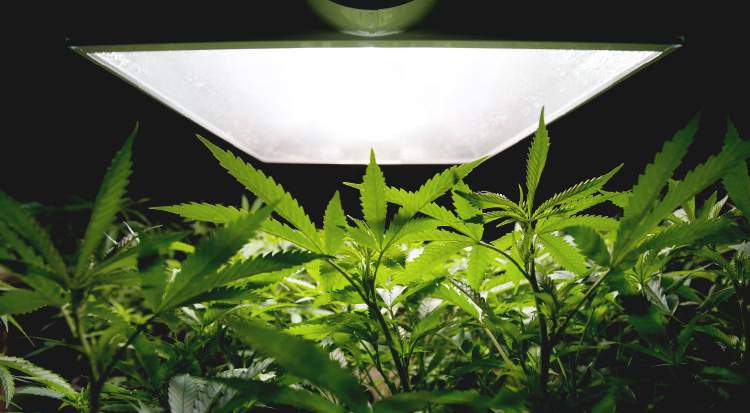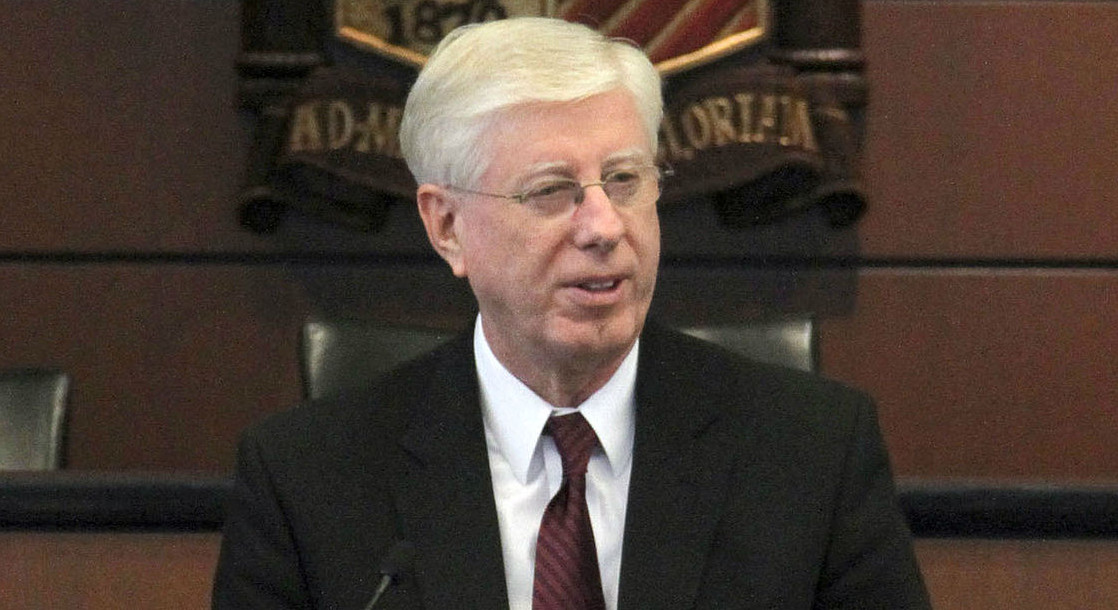The Hempstalk Harvest Festival took off on the weekend of October 17th in Portland, Oregon along the Willamette River. Founded in 2005, the festival enjoyed their 10th anniversary in a fully legal state for the first time. This year the festival almost did not happen because the city of Portland kept the organizers in limbo over their permits weeks before the event was to take place. Fortunately, Hempstalk received its permits and was able to kick off their first legal celebration.
There’s something for everyone at Hempstalk, a variety of speakers, music, vendors, food, etc. and people of all ages come to enjoy the festival. Some come to learn about activism and some come to enjoy celebrating their favorite plant.

Over the two day festival there were a variety of panels at the Hemposium, including discussions about the law of cannabis in Oregon and surrounding states, growing cannabis and hemp, and an international panel that looked at Central and South America and their relations with cannabis and our current laws and changes in the United States. This was a very interesting panel because a lot of prohibition problems in the United States influence the rest of the hemisphere in their drug policies and criminal activity.
Central and South America are at the center of the United States’ War on Drugs with a history of criminal activity, especially in countries like Mexico and Columbia, surrounding the United States’ policy on drugs. The current and future trend toward legalization of cannabis in the United States will have a large impact on our neighbors.
The international panel mainly focused on what is currently going on in the Americas. Mike Bifari, from Argentina, concentrated his time on talking about Chile and how the government is discussing law 20.000, which decriminalized cannabis possession, authorizing ½ kilo of dry buds for each property. He claimed that the people in Chile want to “free the herb” but they are undereducated on the benefits of cannabis and hemp. He discussed how important it is for the country to be educated on the plant’s many benefits.
His final message was that what Oregon and other legal states have done is great, but that “we’re not done yet. We have to continue with the rest of America to liberate [the plant].”
The first thing Stephen Clarke, who is working on a hemp housing project in Mexico, mentioned was that Mexico has legalized CBD for medicinal purposes. He believes that this will bring about the end of the War on Drugs in Mexico. He went on to discuss the wonderful things that hemp can do for the country. With so much poverty throughout, the use of hemp, coconut, and bamboo in building materials could lower the cost of housing immensely.

He was proud to talk about how Mexico is neighbors with the United States and that although there was lower quality cannabis in the past, the quality today reflects that of the USA. Unfortunately, smoking is still forced underground and one cannot be very public about it. But he went on to say that “in Mexico laws are just suggestions,” meaning that they do not have the same harsh sentences as in the USA and if a person is able to pay off the cops they will be okay.
The affects of Oregon legalization and the general shift in views on cannabis throughout the United States and its influence on foreign countries was just one of many topics discussed and appreciated at Hempstalk this year. Look forward to more news, entertainment, and cannabis appreciation next year at Hempstalk 2016.











